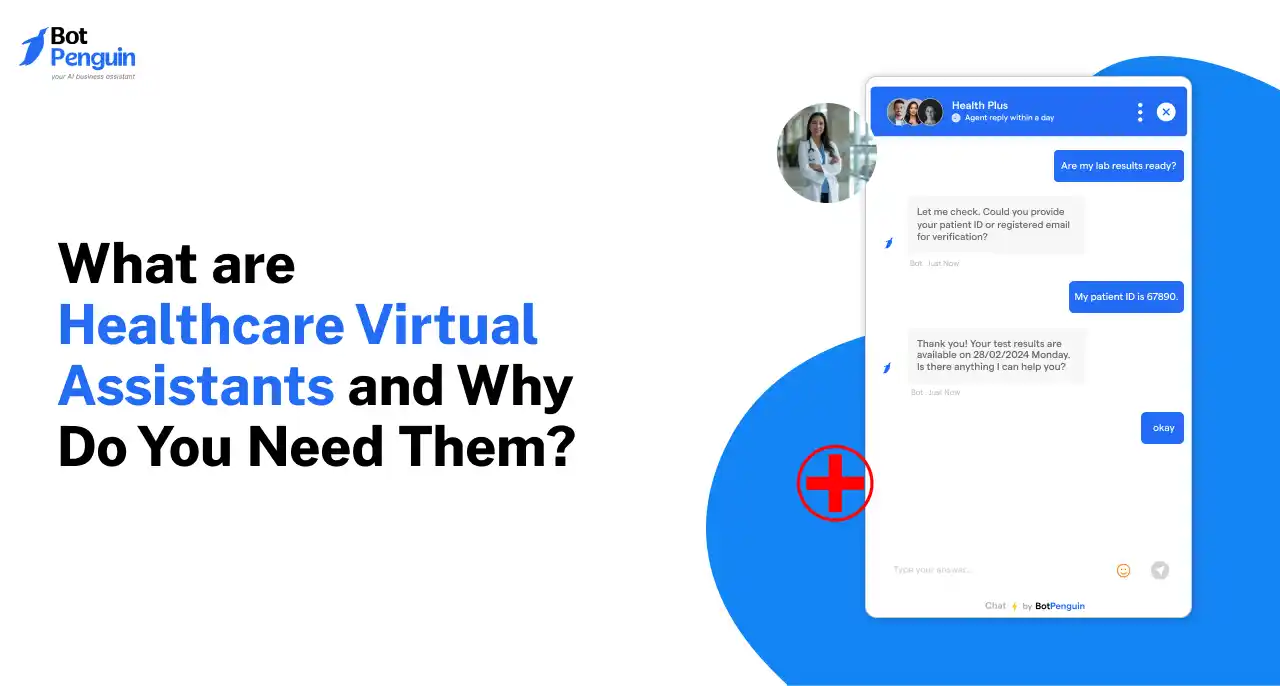Introduction
Healthcare virtual assistant is really game-changing applications revolutionizing patient care and management of medical practice.
Also known as virtual healthcare assistants, these AI medical assistants are sophisticated software applications that could easily simplify some of the aspects of healthcare delivery.
Recent statistics reflect the growing role of healthcare virtual assistants. A study published in the Journal of Medical Internet Research indicates that 78% of patients who used healthcare virtual assistants showed improvement in medication adherence.
Furthermore, AI-based medical assistants have enabled health care professionals to have 30% fewer administrative tasks, thus leaving time to care for the patient (Healthcare IT News, 2023).
These positive drivers are manifested in the increasing demand for better patient involvement and lower healthcare costs.
Virtual health assistants cut across all clinical settings. As we venture into the virtual assistant for health landscape, we find that these AI-based technologies are no fad but a paradigm shift in the way health services are delivered and managed.
What are Healthcare Virtual Assistants?
A healthcare virtual assistant is an AI-powered tool designed to support medical professionals and patients.
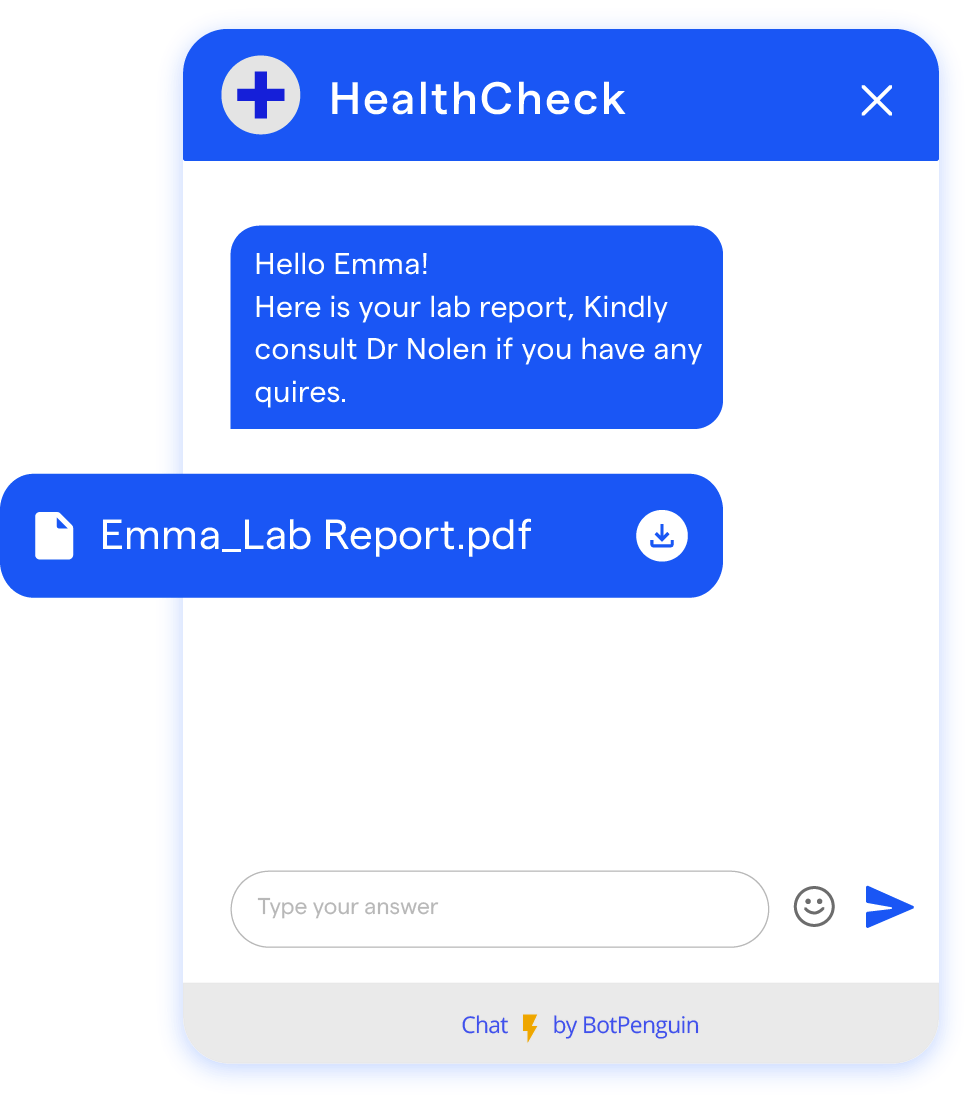
These healthcare virtual assistant use advanced technology to handle various tasks traditionally managed by human staff.
A healthcare virtual assistant plays several crucial roles. It can manage patient information, schedule appointments, and provide reminders for follow-up visits.
The virtual assistant also helps handle patient queries and guide them through basic procedures, reducing the workload on human staff and increasing efficiency.
Common Tasks
Healthcare virtual assistant perform a range of tasks, including:
- Patient Management: Organizing patient records and updating health information.
- Scheduling: Booking and confirming appointments, reducing no-show rates.
- Reminders: Sending notifications for upcoming appointments or medication.
Why Healthcare Providers Need Virtual Assistants
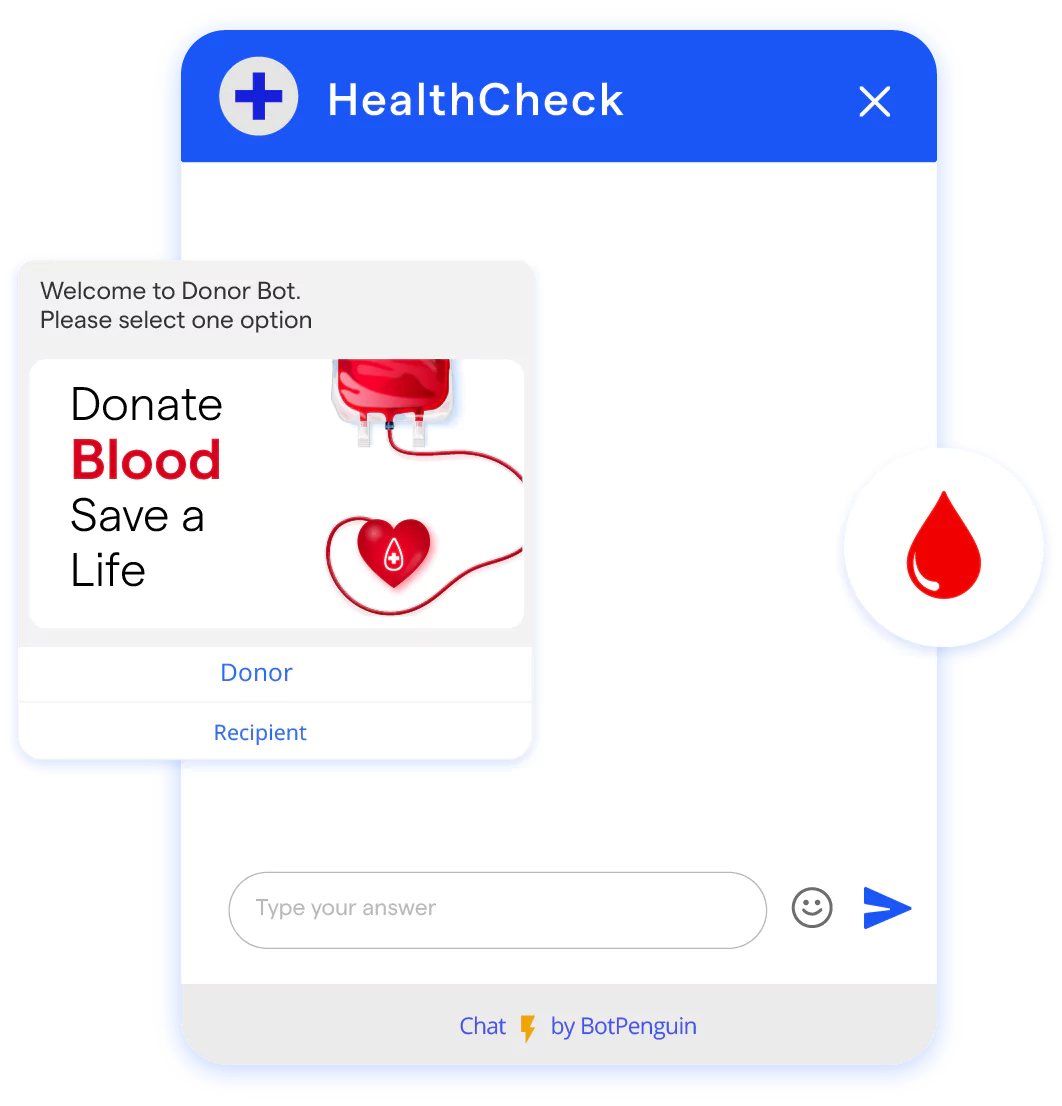
The healthcare industry is witnessing a dramatic shift in administrative efficiency through virtual assistants.
According to the Healthcare Administration Report 2024, providers typically spend 49% of their time on paperwork rather than patient care.
Virtual assistants cut these administrative tasks by 70%, significantly increasing patient interaction time.
Appointment management has seen remarkable improvements, with the Medical Practice Management Journal reporting a 40% reduction in no-show rates and 55% fewer scheduling errors.
These systems not only streamline bookings but also send smart reminders and follow-ups, ensuring better patient adherence to appointments.
The financial impact is equally impressive. McKinsey's 2024 Healthcare Analysis shows mid-sized facilities save an average of $2.5M annually through virtual assistant implementation.
Key Benefits of Using Healthcare Virtual Assistant
Adopting healthcare virtual assistants brings significant advantages to healthcare practices.
These AI-driven tools streamline operations and improve both patient and staff experiences. Here’s a closer look at the key benefits they offer.
Improve Patient Care
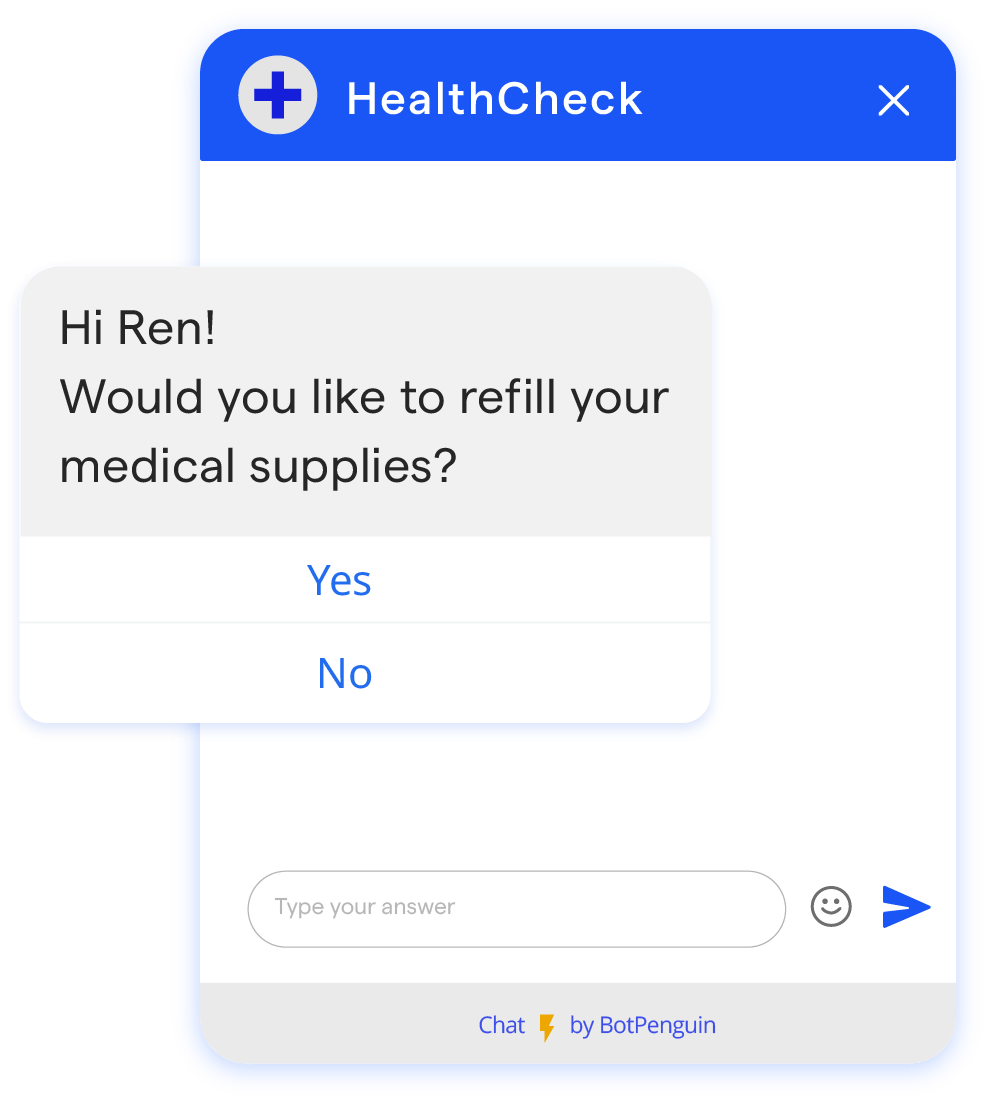
Healthcare virtual assistant plays a crucial role in enhancing patient care. By handling administrative tasks like scheduling appointments and managing patient records, these tools free up healthcare professionals to focus on direct patient interactions.
For instance, a healthcare virtual assistant can manage follow-up reminders and track patient progress, allowing providers to spend more time on meaningful consultations.
Cost Savings
Using a Healthcare Virtual Assistant can lead to significant cost savings. These AI tools reduce the need for additional administrative staff, cutting down on salaries and training expenses.
A virtual health assistant can perform tasks efficiently without the overhead costs associated with human employees, making them a cost-effective solution for many healthcare practices.
Time Efficiency
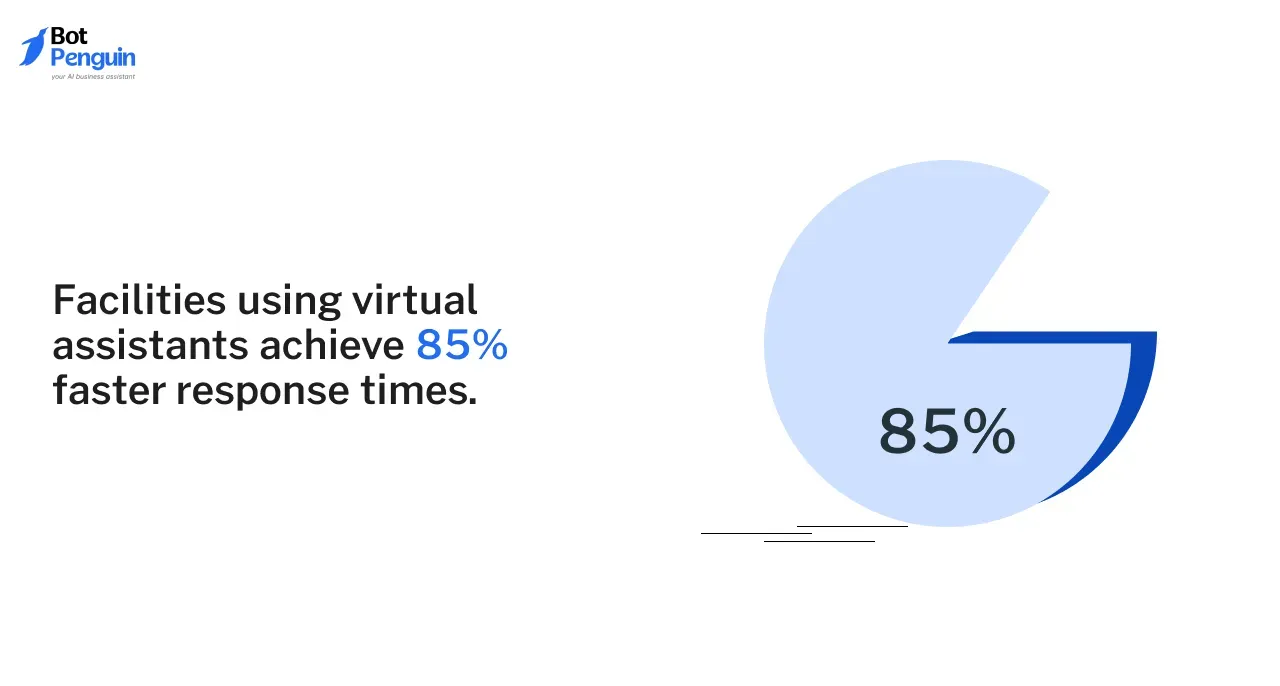
Healthcare virtual assistant handles repetitive tasks quickly and accurately.
Tasks such as data entry, appointment scheduling, and managing patient inquiries are completed faster by these tools compared to manual methods. 45% reduction in administrative workload, allowing healthcare providers to allocate resources more effectively while maintaining high-quality patient care.
With AI assistance, round-the-clock patient support has become a reality. Deloitte Healthcare Insights 2024 reveals that facilities using virtual assistants achieve 85% faster response times and a 60% boost in patient satisfaction.
A healthcare virtual assistant can process large volumes of data without fatigue, ensuring timely completion and reducing the chances of errors.
Scalability
As healthcare practices grow, so do their administrative needs. Healthcare Virtual Assistants support scalability by easily handling increased workloads.
A virtual healthcare assistant can adapt to higher patient volumes without requiring additional resources. This flexibility helps practices expand their operations smoothly and efficiently.
Use Cases of Healthcare Virtual Assistants with Examples
Healthcare Virtual Assistants offer numerous practical applications in healthcare settings.
By automating routine tasks, these tools enhance efficiency and improve patient care. Here are some specific use cases illustrating their impact.
Patient Scheduling
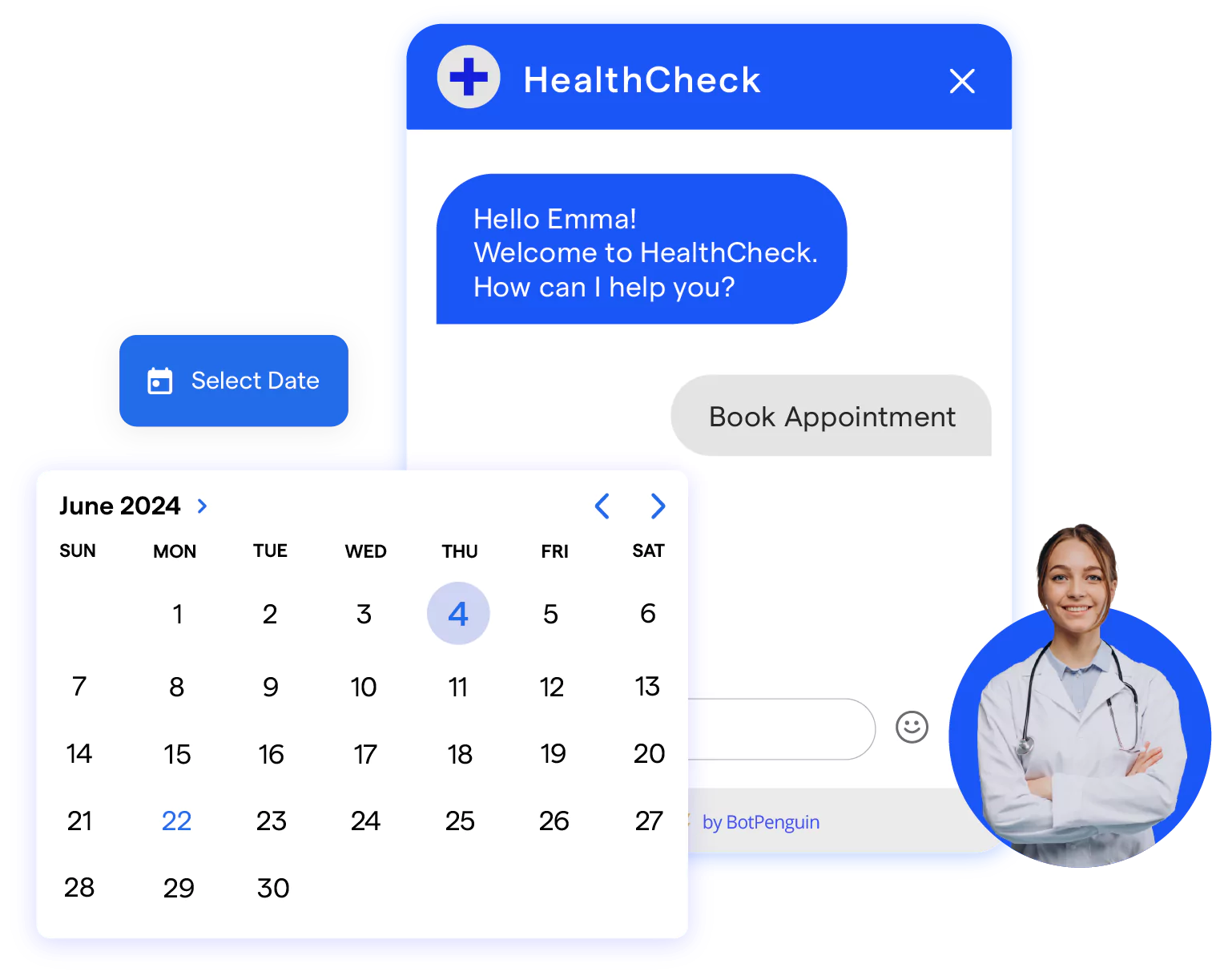
Managing appointments can be challenging in a busy clinic. A Healthcare Virtual Assistant simplifies this process by handling scheduling tasks.
For example, a clinic using a virtual health assistant can automate appointment bookings, confirmations, and reminders.
This reduces the administrative burden on staff and minimizes scheduling errors, leading to a smoother workflow and increased patient satisfaction.
Medical Record Management
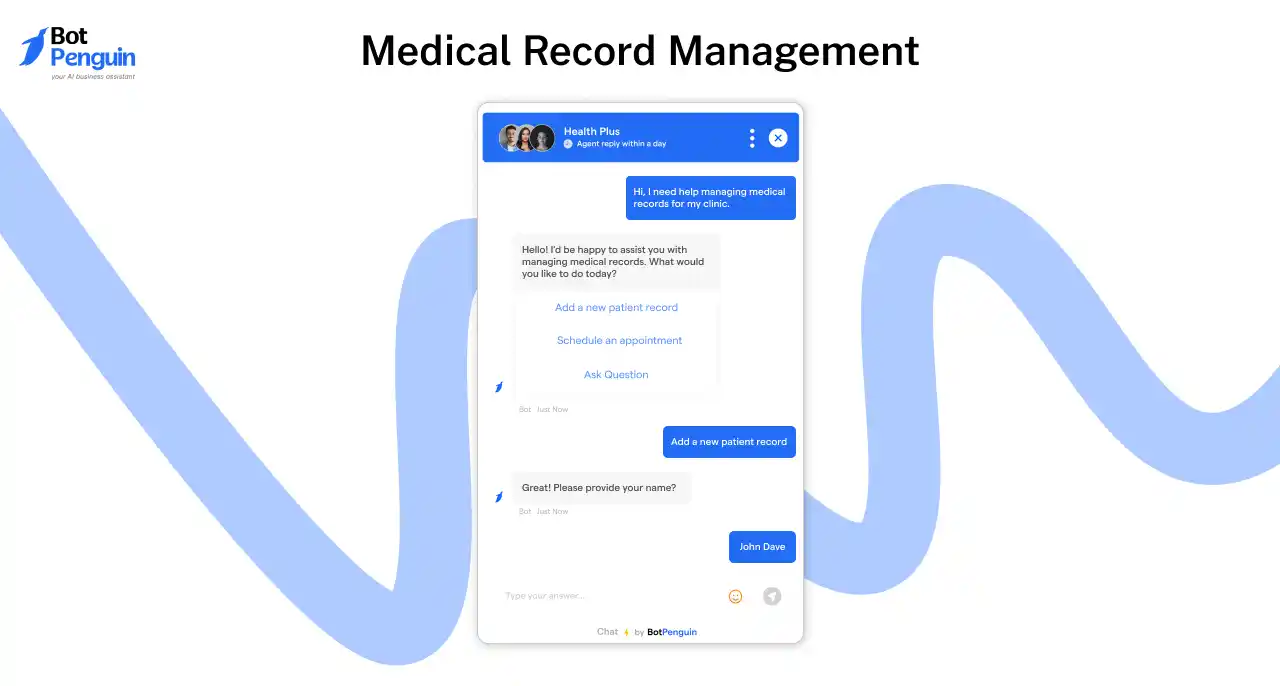
Keeping medical records organized is crucial for patient care. Healthcare Virtual Assistants excel at data entry and organization.
A medical AI assistant can accurately input patient information, update records, and retrieve data quickly. This ensures that healthcare providers have access to up-to-date information, which enhances the quality of care and reduces the risk of errors.
Telemedicine Support
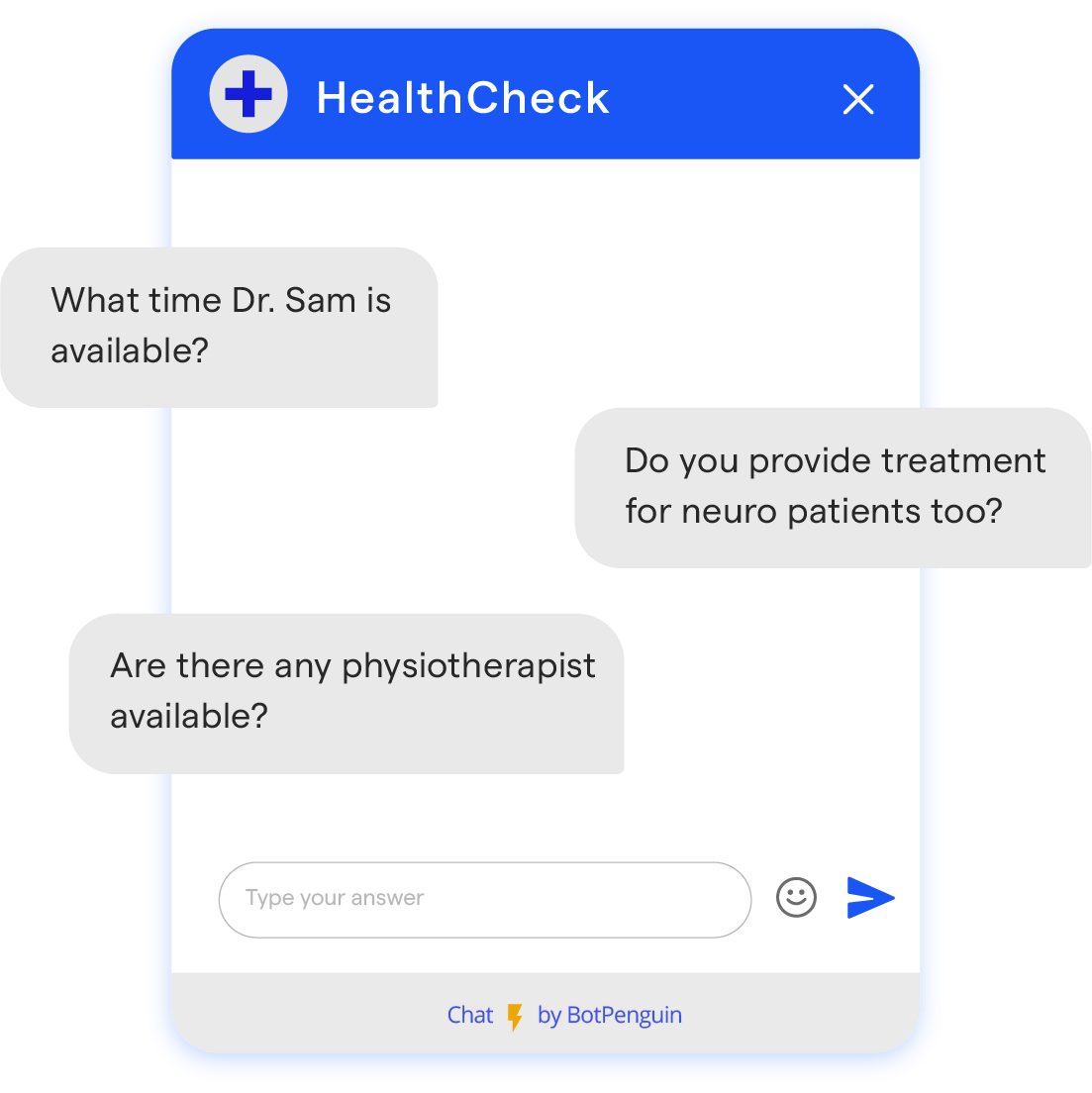
With the rise of virtual consultations, Healthcare Virtual Assistants play a key role in supporting telemedicine. They assist in scheduling virtual appointments, managing digital records, and sending follow-up reminders.
For instance, a virtual healthcare assistant can help coordinate video calls, handle pre-consultation paperwork, and ensure that patients receive timely follow-ups, improving the overall telemedicine experience.
Billing and Insurance Claims
Billing and insurance claims can be complex and time-consuming. Healthcare Virtual Assistants streamline these processes by managing billing tasks and processing claims.
A virtual assistant for healthcare can automate invoicing, track payments, and reduce paperwork errors. This ensures that billing is accurate, payments are timely, and administrative costs are lowered.
Prescription Refills and Reminders
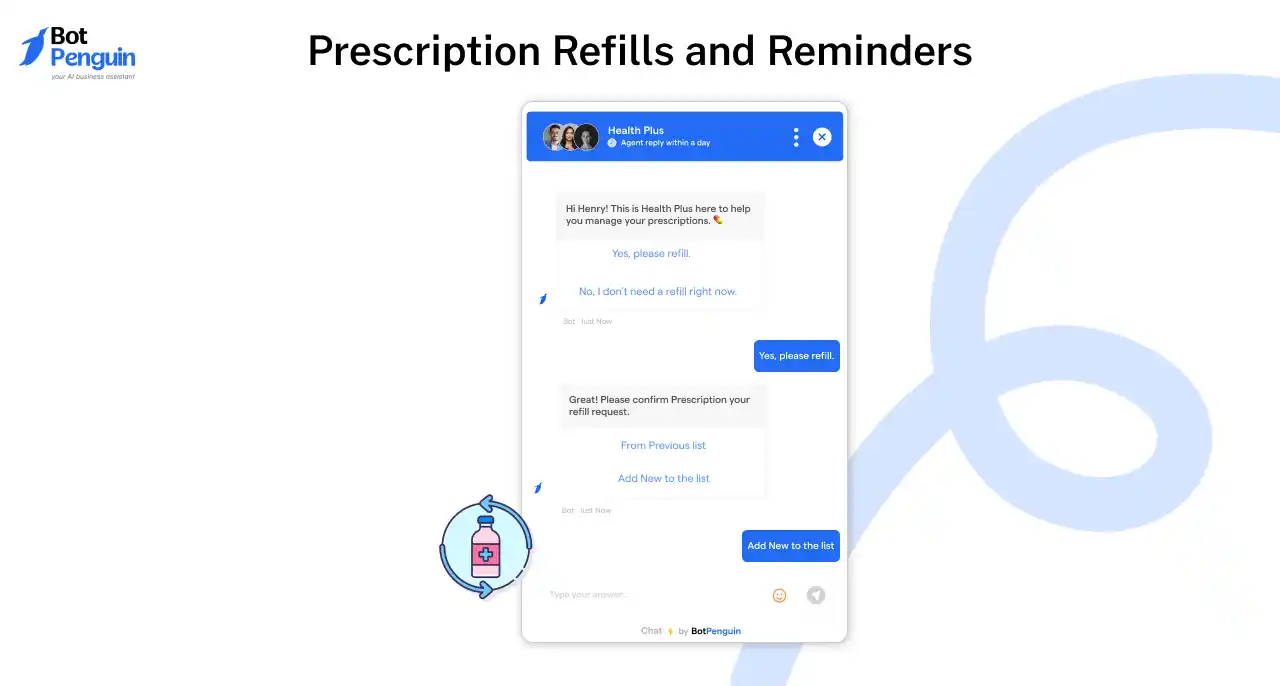
Medication adherence is crucial for effective treatment. Healthcare Virtual Assistants help manage prescription refills and send automated reminders to patients.
A medical AI assistant can track prescription schedules, notify patients when it’s time to refill, and even place refill requests directly with pharmacies. This not only helps patients stay on track with their medications but also reduces the workload on healthcare staff.
Patient Engagement
Engaging with patients effectively is key to satisfaction and compliance. Healthcare Virtual Assistants can handle a range of patient interactions, from answering queries to sending health tips.
For example, a virtual health assistant can respond to frequently asked questions, provide educational content, and follow up with patients after appointments. This enhances patient engagement and improves their overall experience.
Types of Healthcare Virtual Assistants
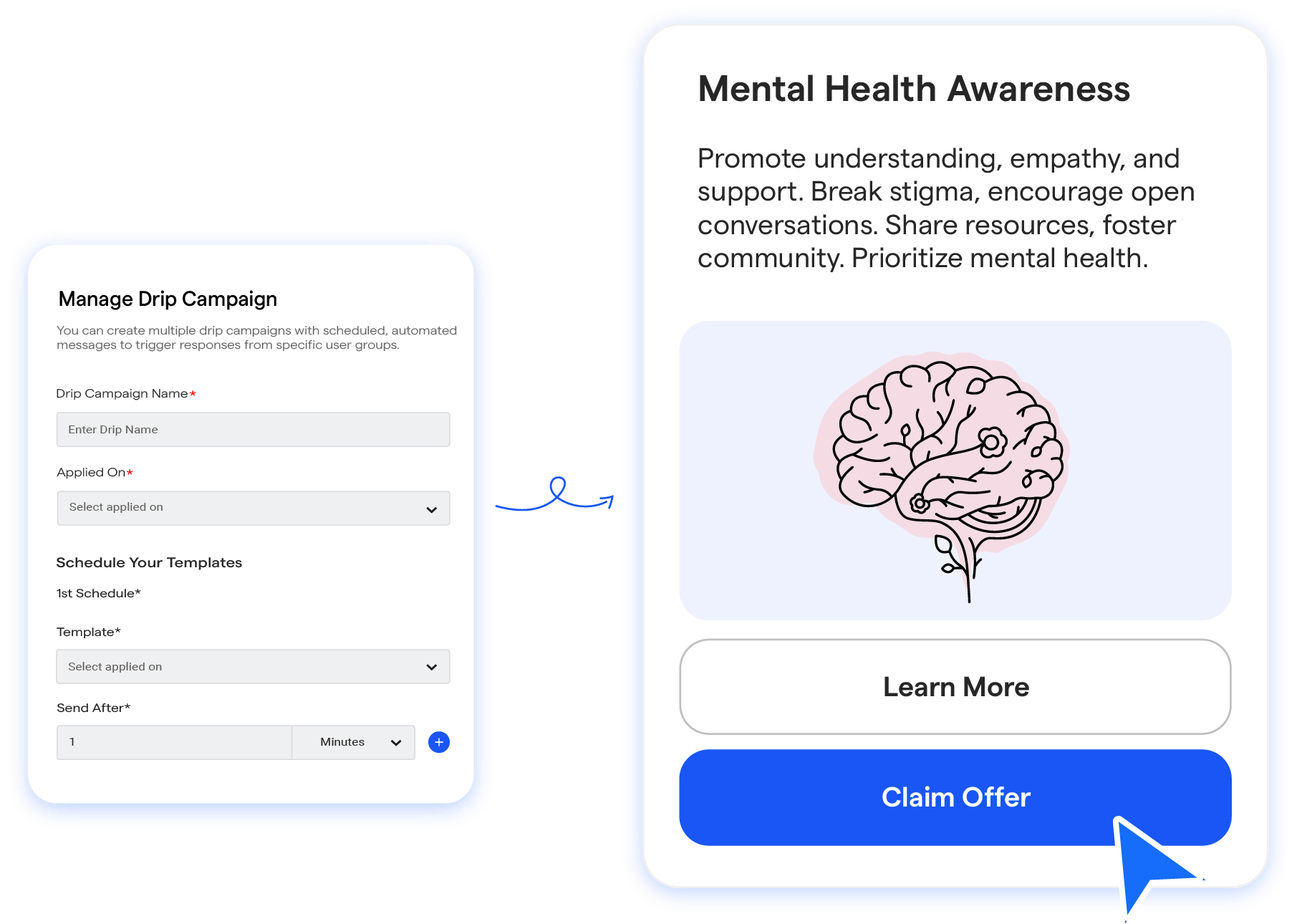
Healthcare virtual assistants vary in their type and serve specific purposes in a healthcare environment. Learning these may help you decide on the assistant suited to your practice. Here are some of the main categories.
Administrative Virtual Assistants
These administrative virtual assistants handle such non-clinical issues as scheduling appointments, billing, and coordination of patients.
A virtual health assistant in this category manages the schedule, files insurance claims, and keeps patient information organized.
This will enable healthcare staff to focus on their clinical responsibilities while, at the same time, ensuring the administrative work is being taken care of.
Clinical Virtual Assistants
Clinical virtual assistants are meant to help doctors with their work pertaining to patient care. They keep track of medical records, prepare reports, and allow communication in real-time with patients.
For instance, a medical AI assistant would be helpful in updating the patient's chart and checking multiple lab results to ensure greater accuracy of medical documentation and efficiency of patient treatment.
Suggested Reading:
Top 5 Reasons why BotPenguin is the Best Healthcare Chatbot available
AI-Powered Virtual Assistants
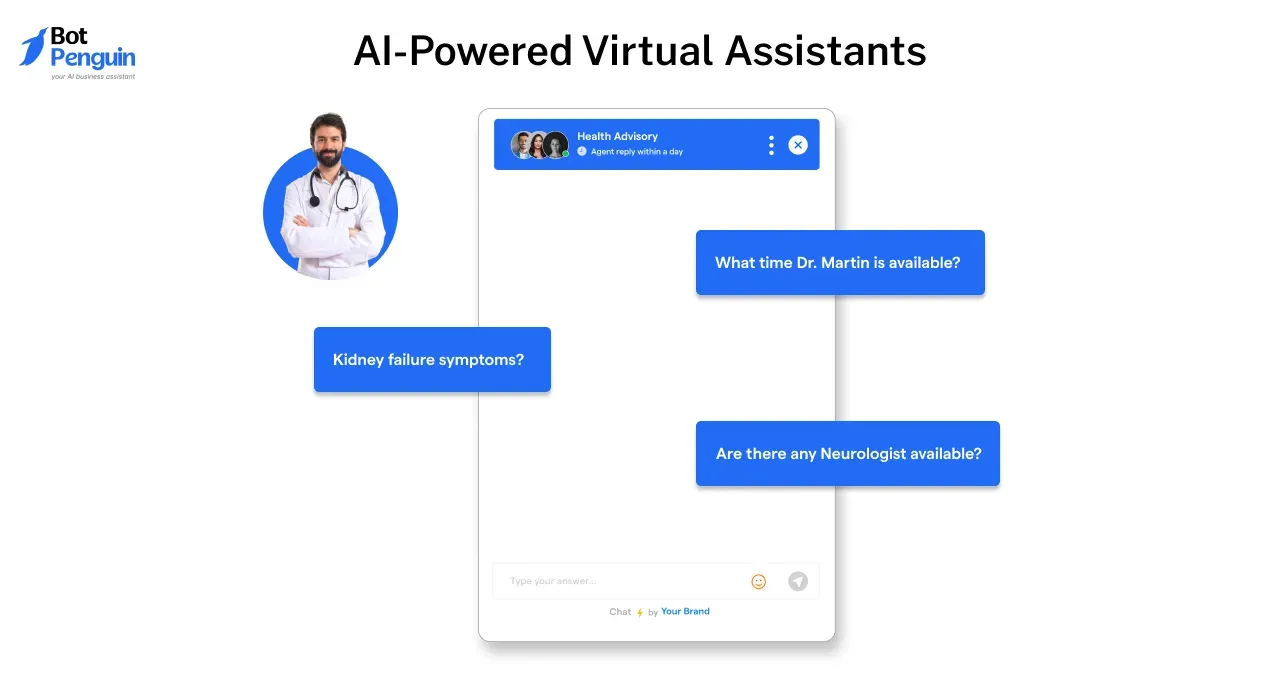
An AI-powered virtual assistant can answer many questions and provide support services using sophisticated technology.
A Healthcare Virtual Assistant can be a chatbot that answers frequently asked questions; provides information services; and walks the patient through simple processes.
These virtual assistants can have tons of inquiries processed simultaneously with time responses, which in turn frees up staff for more complex work.
Telehealth Virtual Assistants
Telehealth virtual assistants are designed for virtual healthcare systems. These tools can assist in scheduling telehealth appointments and managing virtual consultations in addition to providing technical support during online visits.
A virtual healthcare assistant within this category ensures that telehealth sessions run smoothly and leads in the management of patient interactions in a remote setup.
How to Choose the Right Healthcare Virtual Assistant
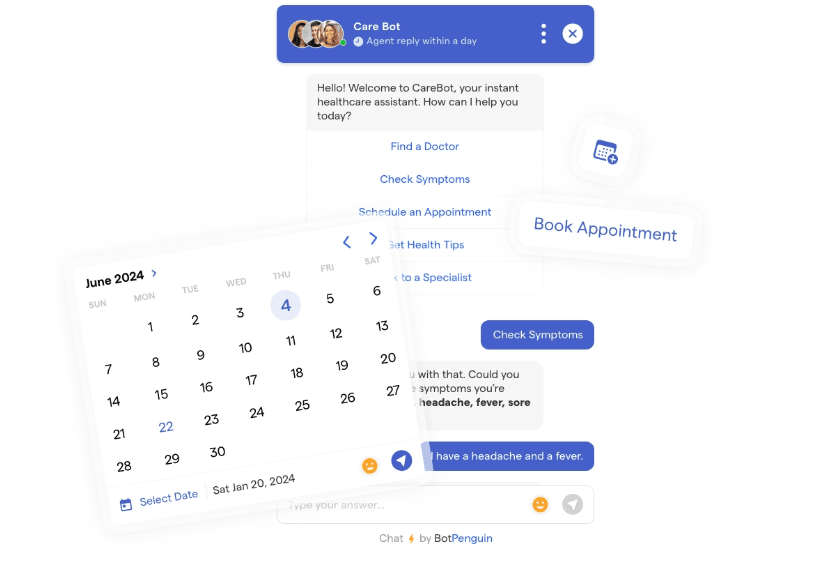
Choosing the right Healthcare Virtual Assistant is crucial for optimizing your practice.
With various options available, focusing on the right factors will ensure you select an assistant that meets your needs effectively. Here’s how to make the best choice.
Factors to Consider
- Experience and Skills: Look for a virtual health assistant with relevant experience and skills. For example, if you need help with medical records, a medical AI assistant with experience in data management would be ideal. Ensure the assistant is familiar with the tasks you require.
- Technology Used: Evaluate the technology behind the Healthcare Virtual Assistant. A virtual assistant for healthcare should integrate smoothly with your existing systems.
Consider if they use advanced features like AI for better efficiency.
Tips for Finding the Best Match
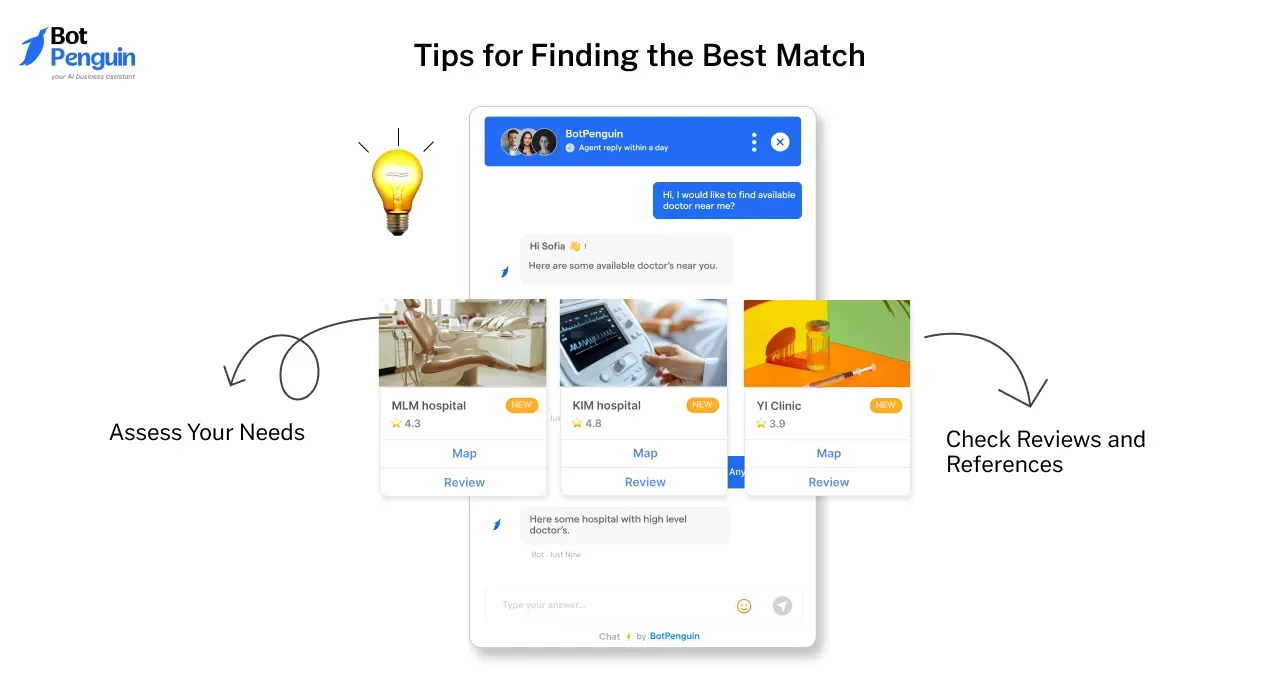
- Assess Your Needs: Identify what tasks you want the Healthcare Virtual Assistant to handle. This will help narrow down your options to those best suited for your specific needs.
- Check Reviews and References: Look for feedback from other users to gauge reliability and performance. Positive reviews can indicate a good match for your practice.
- Test Compatibility: Try a demo or trial period to see how well the assistant fits with your workflow and if it meets your expectations.
Choosing the right Healthcare Virtual Assistant ensures improved efficiency and better management of your healthcare practice.
Conclusion
As we've discussed so far, virtual healthcare assistant is transforming the healthcare landscape, offering unprecedented opportunities for improved patient care and operational efficiency. These AI medical assistants are no longer a luxury but rather a necessity for modern healthcare delivery.
At the forefront of this revolution are healthcare virtual assistants, like BotPenguin advanced by a perfect blend of the capability of artificial intelligence and ease-to-use interfaces, making it ideal for healthcare providers who want to raise their digital presence and reach patients more closely.
As virtual healthcare assistants are gaining wider adoption, there will be many more innovative applications in this regard. These include personal health coaching and advanced medical diagnostics support where AI medical assistants are used.
Virtual health assistants have the potential to possibly change the course of healthcare. Adoption of these technologies will help providers improve the outcome of care for patients and make their operations more efficient - ultimately a health care system that is both efficient and effective.
Frequently Asked Questions (FAQs)
What is a healthcare virtual assistant?
A healthcare virtual assistant is an AI-powered tool that helps manage administrative tasks in healthcare settings, such as scheduling appointments, handling medical records, and assisting with patient inquiries, improving efficiency and reducing staff workload.
How can healthcare virtual assistant improve patient care?
Healthcare virtual assistant streamlines tasks like appointment scheduling and record management, allowing healthcare professionals to focus more on direct patient interactions, which enhances the overall quality of care and patient satisfaction.
What are the main benefits of using healthcare virtual assistant?
The main benefits include increased efficiency, cost savings, improved patient care, time efficiency, and scalability.
Healthcare virtual assistant automate routine tasks, reduce administrative burdens, and support growing practices.
How do healthcare virtual assistant reduce operational costs?
Healthcare virtual assistant reduce operational costs by automating administrative tasks, decreasing the need for additional staff, and minimizing errors in billing and scheduling, leading to lower overhead and increased efficiency.
What types of tasks can healthcare virtual assistant handle?
Healthcare virtual assistant can handle various tasks, including scheduling appointments, managing medical records, assisting with billing and insurance claims, supporting telemedicine, sending prescription reminders, and engaging with patients to answer queries and provide information.
How do I choose the right healthcare virtual assistant for my practice?
Consider factors like experience, skills, and technology used. Assess your practice’s needs and check for compatibility with existing systems.
Reviews and trial periods can help ensure you select a Healthcare Virtual Assistant that fits your specific requirements.
